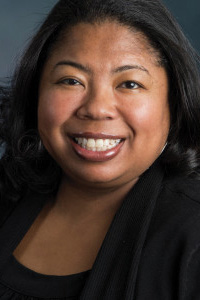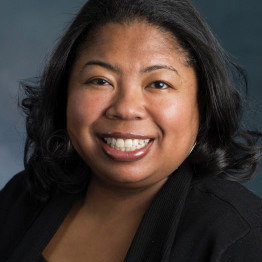 As a youth worker who works with kids on a regular basis, would you know what to do if you suspected that a child in your program has been abused or wanted to tell you a “secret” about something that’s happened to him or her? Do you know your organization’s policy on suspected child abuse? Are you prepared to make a report to child protective services? The role of today’s youth-service workers includes not only creating enriching experiences for the children and youth, it also includes understanding the role of mandated reporter.
As a youth worker who works with kids on a regular basis, would you know what to do if you suspected that a child in your program has been abused or wanted to tell you a “secret” about something that’s happened to him or her? Do you know your organization’s policy on suspected child abuse? Are you prepared to make a report to child protective services? The role of today’s youth-service workers includes not only creating enriching experiences for the children and youth, it also includes understanding the role of mandated reporter.
In 2013, child protective services agencies received an estimated 3.5 million reports of suspected abuse that included 6.4 million children nationwide. According to the U.S. Department of Health and Human Services Administration on Children, Youth and Families, more than 60 percent of these reports were made by mandated reporters, which is any person required by law to reported suspected abuse. Individuals designated as mandated reporters are those who typically have frequent contact with children, such as teachers, child-care workers, doctors and nurses — to name a few. However, out-of-school child-care providers (including after-school, day-care and other child-care providers who are not traditional teachers) accounted for less than 1 percent of child maltreatment reports made.
Ideally, mandated reporting is the early recognition of child maltreatment with the goal of preventing further abuse from occurring. Early treatment of victimized children can help reduce the adverse consequences of abuse or neglect. Educators or other professionals who work in after-school care or summer programs and see children on a daily basis are considered mandated reporters and a first line of defense. Their close working relationships with children make it possible for children to disclose abuse or for staff to identify maltreatment.
From the calls I get on a regular basis, it is still unclear whether out-of-school child-care providers understand their role as a mandated reporter, their responsibility to report and how to make a report. I recently received a call from an administrator at an after-school program inquiring about whether mandated reporter training is required by law. While she understood that her staff were mandated reporters, she seemed less interested in the training when I told her it wasn’t required, but strongly recommended.
Identifying immediate danger may be clearer, but other forms of abuse such as neglect may leave a mandated reporter questioning whether to report. Other barriers to reporting include limited knowledge of signs and symptoms, fear of inaccuracy or fear of hurting the professional-parent relationship. Reporting suspected abuse not only helps to protect children from further harm, it can get family members the help they need, such as counseling, parent education and basic necessity supports.
Not reporting suspected abuse can also create something similar to a bystander effect, a kind of denial, thinking that if things were really bad, someone else would doing something about it.
While each state’s law is clear that certain professions (and in some states volunteers who work with children and youth) must report abuse, it is unclear about how professionals are supposed to receive mandated reporter training. Much of the mandated reporter training is left up to organizations to implement, and it is only encouraged, not required.
California is one of the few states that mentions training in its mandated-reporter laws. Yet the training is only encouraged for professionals interacting with children. Post-Sandusky, Pennsylvania law now requires training for certain professions, such as teachers and child-care providers.
When training is provided, it should cover at a minimum: how to better recognize the indicators of abuse and neglect, understanding your role as a mandated reporter, and when and how to report suspected abuse. Suggest mandated reporting training for all staff who work directly with children. Prevent Child Abuse America has chapters in all 50 states, and each state chapter can provide information on available trainings. Contact information for each state chapter can be found at http://bit.ly/1HACP6k.
For information about your state’s mandated reporting law, visit the Child Welfare Information Gateway at http://1.usa.gov/1L5NLep.
Julia Neighbors is the director of Prevent Child Abuse Georgia, which is based out of the School of Public Health at Georgia State University and provides leadership and direction for a statewide network of prevention advocates, operates the 1-800-CHILDREN Helpline and offers trainings on mandated reporting. Jyll Walsh, program coordinator, contributed research to this column.


























